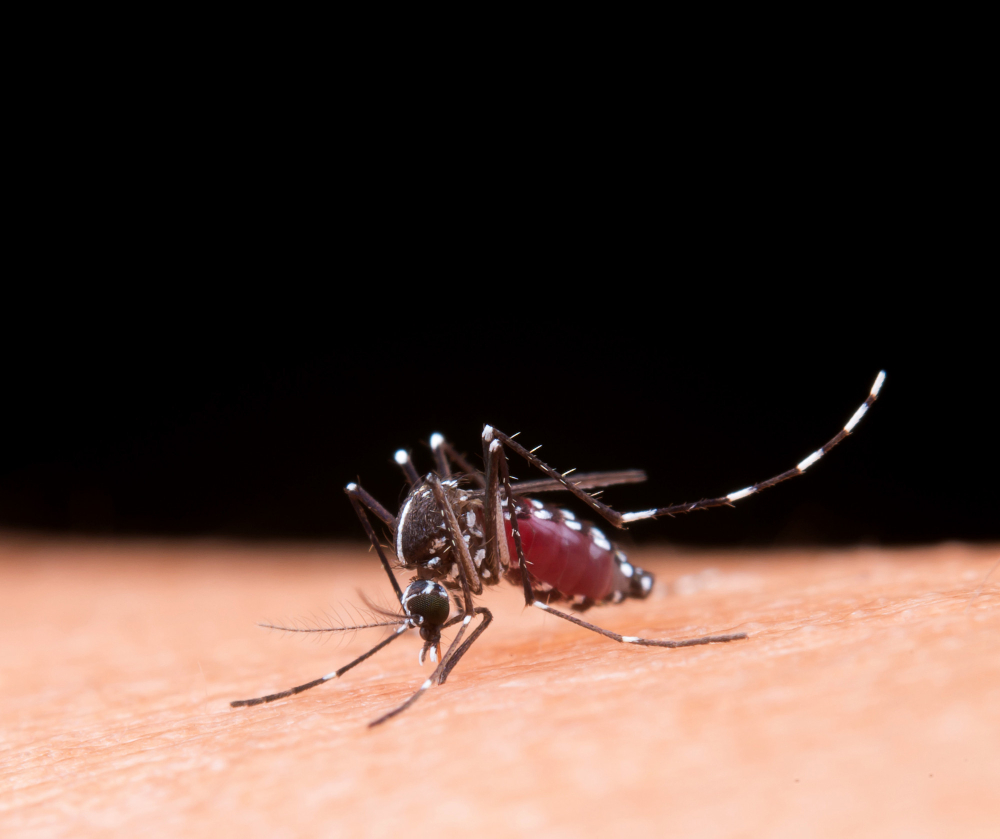Dengue is a common viral infection found in many tropical and subtropical areas. It spreads quickly, especially during rainy seasons. Because dengue can cause serious illness, it is important to know its symptoms, causes, diagnosis, treatment, and prevention. In this guide, you will learn how to spot dengue fever symptoms, understand how it spreads, and discover ways to protect yourself and your family.
What is Dengue?
Dengue is a disease caused by the dengue virus. It is spread by the bite of infected Aedes mosquitoes. These mosquitoes are active during the day, especially early morning and late afternoon. According to the World Health Organization (WHO), dengue affects millions of people every year. In some cases, dengue can lead to severe illness. However, most people recover with proper care.
Common Symptoms of Dengue
Recognizing dengue fever symptoms early can help you get the right treatment. Usually, symptoms appear 4 to 10 days after a mosquito bite. Some people may have mild symptoms, while others feel very sick. Here are the most common signs:
Sometimes, symptoms can get worse. For example, severe dengue (also called dengue hemorrhagic fever) can cause bleeding, organ damage, or shock. If you notice these signs, seek medical help right away.
Causes and How Dengue Spreads
Dengue spreads through the bite of an infected Aedes mosquito. These mosquitoes breed in standing water, like buckets, flower pots, or old tires. They bite during the day, making it easy for the virus to spread quickly. In addition, people who have dengue can infect mosquitoes that bite them. Then, those mosquitoes can spread the virus to others. Dengue is not spread directly from person to person.
According to the CDC, dengue is common in Asia, Latin America, Africa, and some parts of the United States.
How Dengue is Diagnosed
Doctors diagnose dengue based on your symptoms and recent travel history. However, because dengue symptoms are similar to other illnesses, blood tests are often needed. These tests look for the dengue virus or antibodies in your blood. Early diagnosis helps prevent complications. If you have a high fever and live in or have visited a dengue-prone area, tell your doctor right away.
Treatment Options for Dengue
There is no specific medicine to cure dengue. However, most people recover with supportive care. Early treatment can prevent severe illness. Here is what you should do if you have dengue:
In severe cases, hospitalization may be needed. Doctors will monitor your fluids and treat any complications. According to the WHO, most people recover within two weeks with proper care.
Prevention Tips and Lifestyle Guidance
Preventing mosquito bites is the best way to avoid dengue. Simple steps can lower your risk. For example, keep your home and surroundings clean and dry. Here are some easy prevention tips:
Currently, there is no widely available vaccine for dengue in most countries. Therefore, personal protection is very important.
When to Seek Medical Help
Sometimes, dengue can become severe. If you or someone you know has dengue symptoms and develops any of the following, seek medical help right away:
Early treatment can save lives. Do not wait if you notice these warning signs.
In summary, dengue is a serious but preventable disease. By knowing the symptoms, causes, and prevention tips, you can protect yourself and your loved ones. Consult a healthcare professional for personalized advice on dengue prevention and treatment.

